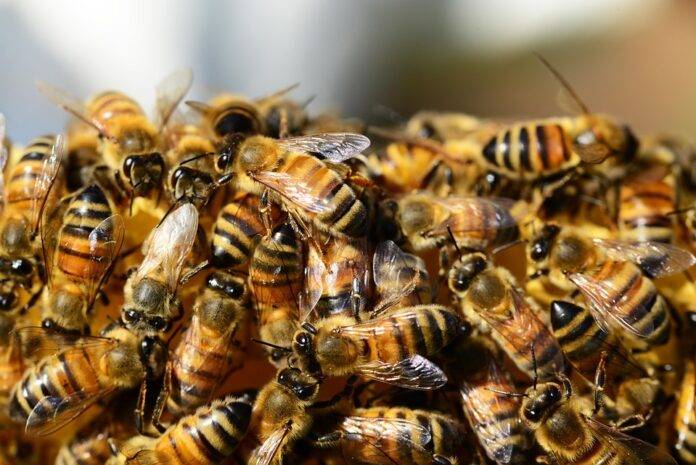The Nutritional Benefits of Honey and Its Positioning in Functional Foods
Introduction
Honey has been used for centuries not only as a sweetener but also for its numerous health benefits. In recent years, honey has gained popularity as a functional food due to its unique nutritional properties. This report will delve into the nutritional benefits of honey and its positioning in the functional foods market.
Nutritional Benefits of Honey
Honey is not just a source of empty calories like refined sugar. It is packed with essential nutrients and bioactive compounds that offer a range of health benefits. Here are some of the key nutritional benefits of honey:
1. **Antioxidant Properties**: Honey is rich in antioxidants, such as flavonoids and phenolic compounds, which help protect the body from oxidative stress and inflammation.
2. **Antibacterial and Antimicrobial Properties**: The high sugar content of honey creates an inhospitable environment for bacteria, making it a natural antibacterial agent.
3. **Vitamins and Minerals**: Honey contains small amounts of vitamins and minerals, including vitamin C, calcium, and iron, which contribute to overall health and well-being.
4. **Digestive Health**: The enzymes present in honey can aid digestion and promote gut health by supporting the growth of beneficial bacteria in the gut.
5. **Immune-Boosting Properties**: The antimicrobial properties of honey, combined with its antioxidant content, can help boost the immune system and protect against infections.
Positioning in Functional Foods
Functional foods are products that offer additional health benefits beyond basic nutrition. Honey fits perfectly into this category due to its unique nutritional profile and health-promoting properties. Here are some ways in which honey is positioned in the functional foods market:
1. **Natural Sweetener**: As consumers become more health-conscious and seek alternatives to refined sugar, honey is increasingly being used as a natural sweetener in various functional food products, such as energy bars, granola, and yogurt.
2. **Sports Nutrition**: Honey is a popular choice among athletes and fitness enthusiasts for its quick source of energy. Honey is often used in sports drinks, energy gels, and protein bars to provide a natural energy boost.
3. **Beauty and Skincare**: Honey is not only beneficial when consumed internally but also has numerous benefits for the skin when used topically. Honey is a common ingredient in natural skincare products due to its moisturizing and antibacterial properties.
4. **Weight Management**: Despite being a sweetener, honey is believed to have a lower glycemic index compared to sugar, which may help regulate blood sugar levels and promote weight management when consumed in moderation.
Industry Insights
The global honey market is expected to witness significant growth in the coming years, driven by the increasing demand for natural and healthy food options. According to a report by Market Research Future, the global honey market is projected to reach a value of $11.16 billion by 2027, with a CAGR of 5.8% during the forecast period.
Key players in the honey market include industry giants such as Dutch Gold Honey, Barkman Honey, Capilano Honey, and Rowse Honey. These companies are focusing on product innovation, expanding their product portfolios, and leveraging marketing strategies to capitalize on the growing demand for honey-based products in the functional foods market.
In conclusion, honey is not only a delicious sweetener but also a nutritional powerhouse with a range of health benefits. Its positioning in the functional foods market is gaining momentum, driven by consumer preferences for natural and healthy food choices. With its antioxidant, antibacterial, and immune-boosting properties, honey is poised to become a staple ingredient in the functional foods industry.




